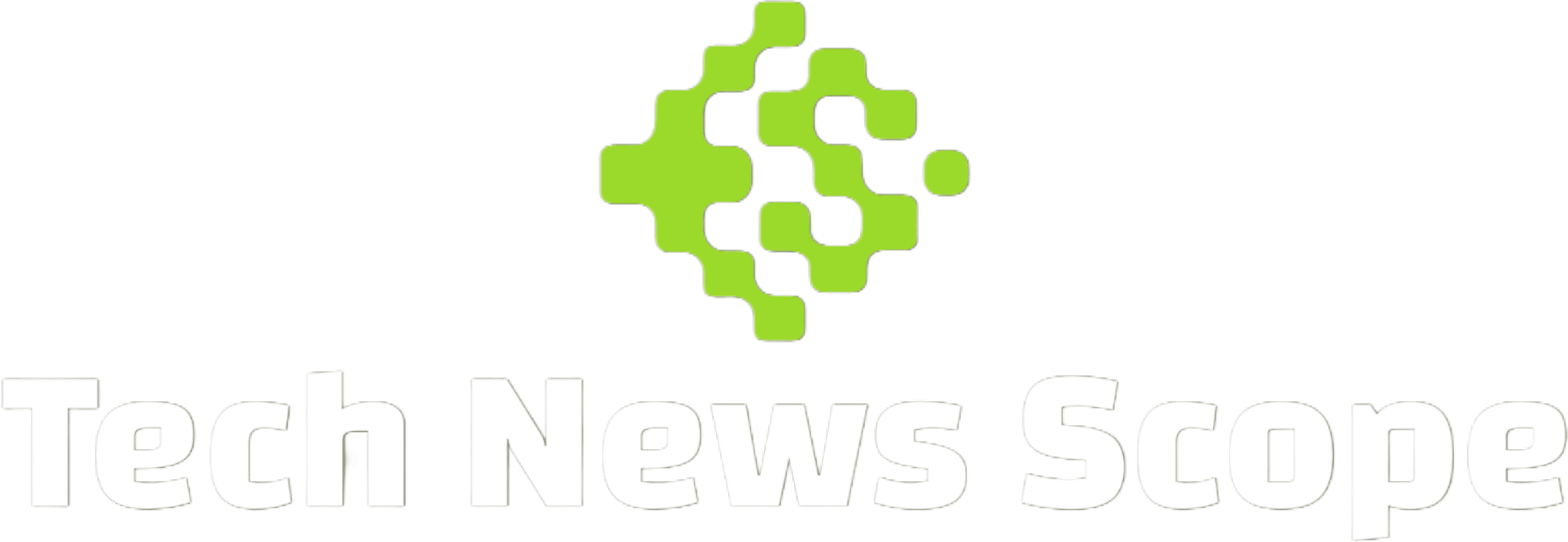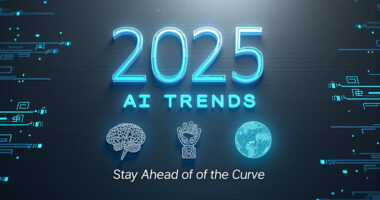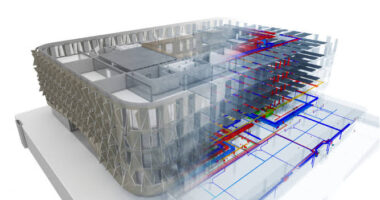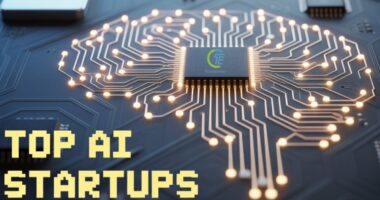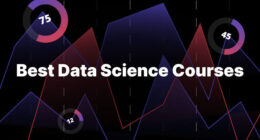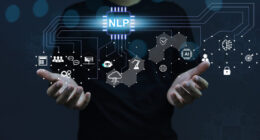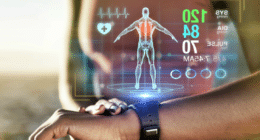The Future of AI in 2025
Table of Contents
- Introduction
- Revolutionizing Everyday Life
- Educational Transformations
- Emotional Intelligence and Chatbots
- AI in Entertainment and Gaming
- Career Opportunities in an AI-Driven World
- Ethical Considerations
- Conclusion
Introduction
Artificial Intelligence (AI) is steadily reshaping our lives, with advancements sparking curiosity and excitement among teenagers and young adults. You’re likely wondering how AI will impact your future. With various sectors integrating AI technologies, the coming years will be transformative. This article will guide you through the anticipated developments in AI and how they’ll affect everyday life, education, entertainment, and the workforce.
Revolutionizing Everyday Life
You may have already experienced AI through voice assistants or recommendation algorithms on various platforms. By 2025, we can expect a surge of intelligent devices outfitted with enhanced AI capabilities. Imagine smart homes where systems learn and adapt to your routines. From adjusting your thermostat to brewing your morning coffee, AI will seamlessly blend into your living environment.
Additionally, AI will enhance public services. Smart city technologies will use data to manage resources more efficiently, improve traffic flow, and even predict maintenance for city infrastructure. This will not only streamline municipal operations but also enhance your quality of life. You could receive real-time information about public transport and events happening in your vicinity, making it easier to engage with your community.
Educational Transformations
As a student or young professional, you understand the importance of quality education. AI is poised to revolutionize learning environments by offering personalized educational experiences. Intelligent tutoring systems will assess your learning styles and adapt course materials accordingly, allowing you to grasp concepts at your own pace.
Moreover, AI-powered platforms can facilitate collaborative learning experiences across the globe. Imagine teaming up with peers from different cultures to solve problems through virtual classrooms driven by AI insight. This level of interconnectivity can enrich your education by fostering diverse perspectives and ideas.
In addition to traditional learning, AI will also help in skill acquisition. Specialized courses tailored to the skills you want to develop will rely on predictive algorithms to recommend modules best suited for you. This data-driven approach ensures you’re learning relevant concepts for the fast-evolving job market.
Emotional Intelligence and Chatbots
Chatbots and virtual assistants are evolving, becoming more emotionally aware and capable of understanding human emotions. By 2025, these AI tools may serve as supportive companions, offering mental health check-ins or simply providing companionship during tough times.
For teenagers, the pressure of social dynamics and mental health can be daunting. AI-driven applications will offer personalized, empathetic responses to your concerns. This won’t replace human interaction but will serve as an accessible resource whenever you feel overwhelmed. Expect to see more chatbot apps designed for counseling, education, and even friendship, enhancing your well-being.
AI in Entertainment and Gaming
The entertainment sector is rapidly undergoing transformation due to AI, particularly in gaming and content creation. You’re likely aware of how video games are becoming more immersive; AI will take this a step further by creating adaptive storylines based on player choices.
By 2025, expect games to feature AI that learns your playing style, modifying challenges and narratives to keep you engaged. This level of customization will make gaming experiences uniquely yours, enhancing both fun and skill-building.
In film and music, AI-generated content will likely become more mainstream. With algorithms capable of creating music and writing scripts, you’ll witness new artistic expressions that push creative boundaries. As a consumer, you will also play a role—AI can analyze audience preferences, suggesting options tailored to your tastes.
Career Opportunities in an AI-Driven World
As you approach your career stage, the integration of AI into industries will open up numerous opportunities. Roles in AI development, ethical governance, data analysis, and content creation will become increasingly important. Designing and managing AI systems will require a blend of technical know-how and creativity, making it an exciting field to dive into.
Understanding AI’s basics will be essential. For you, this means embracing coding languages like Python or exploring AI-related courses. The demand for individuals who can bridge the gap between technology and teamwork will be substantial. By honing these skills now, you’ll position yourself at the forefront of this technological revolution.
Ethical Considerations
With advancements in AI come important ethical considerations. Issues around privacy, data security, and bias in algorithms will need to be navigated carefully. As a future leader, it’s crucial to engage in discussions surrounding responsible AI practices.
You’ll have the power to influence policies that govern the ethical use of AI. This could extend to advocating for transparency, consent, and accountability. Being informed about these topics ensures that technology serves humanity positively, enhancing the issues you care about most.
Conclusion
As you look ahead, it’s clear that AI will significantly shape life in numerous dimensions. From smart homes to personalized learning and revolutionary gaming experiences, the future is brimming with potential. At the same time, embracing these innovations means taking on the responsibility to ensure that AI serves humanity ethically.
Engage with technology, keep learning, and prepare yourself for a world where your skills can make a difference. The future is not just something that happens; it’s something you can create. So gear up for a journey where your role in shaping the realm of AI will be as exciting as it is transformative!
